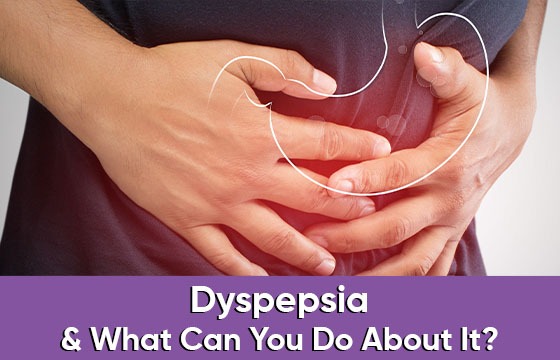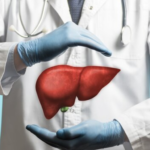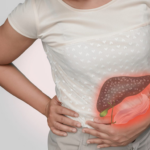
Dyspepsia is a common condition that causes pain or discomfort in the upper abdomen. It can be caused by a number of different things, including indigestion, ulcers, and gastritis. There are a number of different treatments available for dyspepsia, and the best course of treatment will vary depending on the underlying cause.
There are a number of lifestyle changes that can help to ease dyspepsia symptoms. Avoiding trigger foods, eating smaller meals, and avoiding eating late at night can all help. Stress can also be a trigger for dyspepsia symptoms, so managing stress levels can also be helpful. Some people find that over-the-counter medications, such as antacids, can also provide relief. If lifestyle changes and over-the-counter medications do not provide relief, it is important to see a doctor.
They will be able to determine the underlying cause of the dyspepsia and recommend the best course of treatment. In some cases, further testing, such as an endoscopy, may be necessary. Treatment for dyspepsia will vary depending on the underlying cause but may include prescription medications, surgery, or other medical procedures.
Dyspepsia is a disorder that causes indigestion or heartburn.
Symptoms of dyspepsia include:
• burping
• bloating
• feeling full
• nausea
• vomiting
• heartburn
Dyspepsia is not usually a sign of a serious condition. However, it can be a symptom of a more serious condition such as gastritis or peptic ulcer disease.
If you have any of these symptoms, see your doctor. They can help find the cause of your dyspepsia and treat it.
The cause of dyspepsia is often unknown. However, certain conditions, such as gastroesophageal reflux disease (GERD), gastritis, and ulcers, can lead to dyspepsia.
Treatment for dyspepsia may include lifestyle changes, such as avoiding spicy foods, and medications to reduce stomach acid.
Dyspepsia is not usually a sign of a serious condition. However, it can be a symptom of a more serious condition such as gastritis or peptic ulcer disease. If you have any of these symptoms, see your doctor. They can help find the cause of your dyspepsia and treat it.
Treatment for dyspepsia may include:
• changing your diet
• avoiding foods that trigger your symptoms
• eating smaller meals
• avoiding eating late at night
• raising the head of your bed
• taking antacids
• taking medicine to reduce stomach acid
Dyspepsia in pregnancy
Dyspepsia, also known as indigestion, is a common condition that affects many pregnant women. Symptoms of dyspepsia include heartburn, nausea, and bloating.
Dyspepsia is thought to be caused by a combination of hormonal and physical changes. The increase in hormones during pregnancy can relax the valve that separates the stomach and esophagus, allowing stomach acid to flow back up into the esophagus.
This can cause a burning sensation known as heartburn. Physical changes during pregnancy can also contribute to dyspepsia. As the baby grows, the uterus puts pressure on the stomach, which can slow down digestion and cause bloating.
If you are experiencing symptoms of dyspepsia, such as heartburn, indigestion, bloating, or gas, you should consult with Dr. Prasad Bhate. He can provide you with the appropriate treatment based on the severity of your symptoms.




